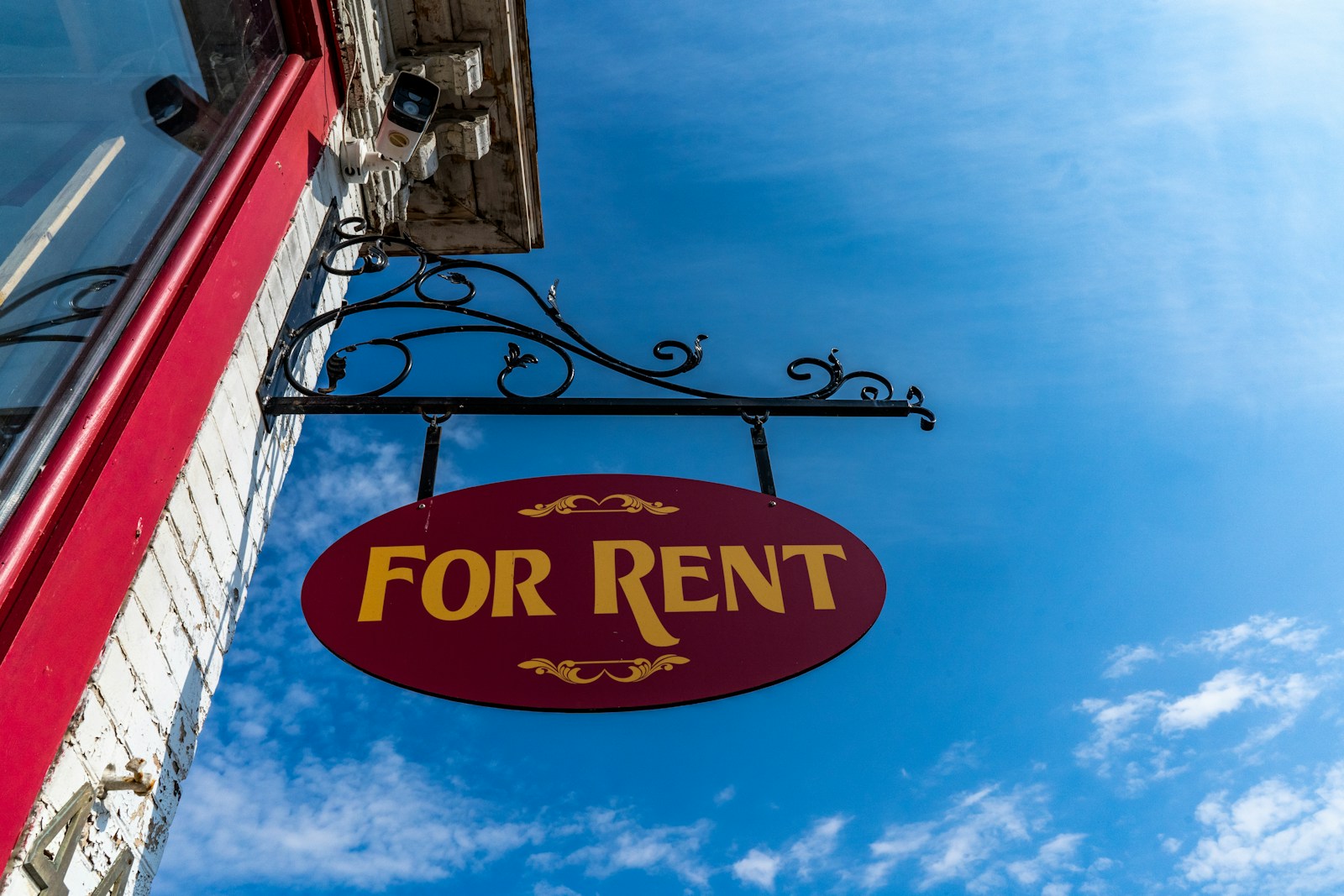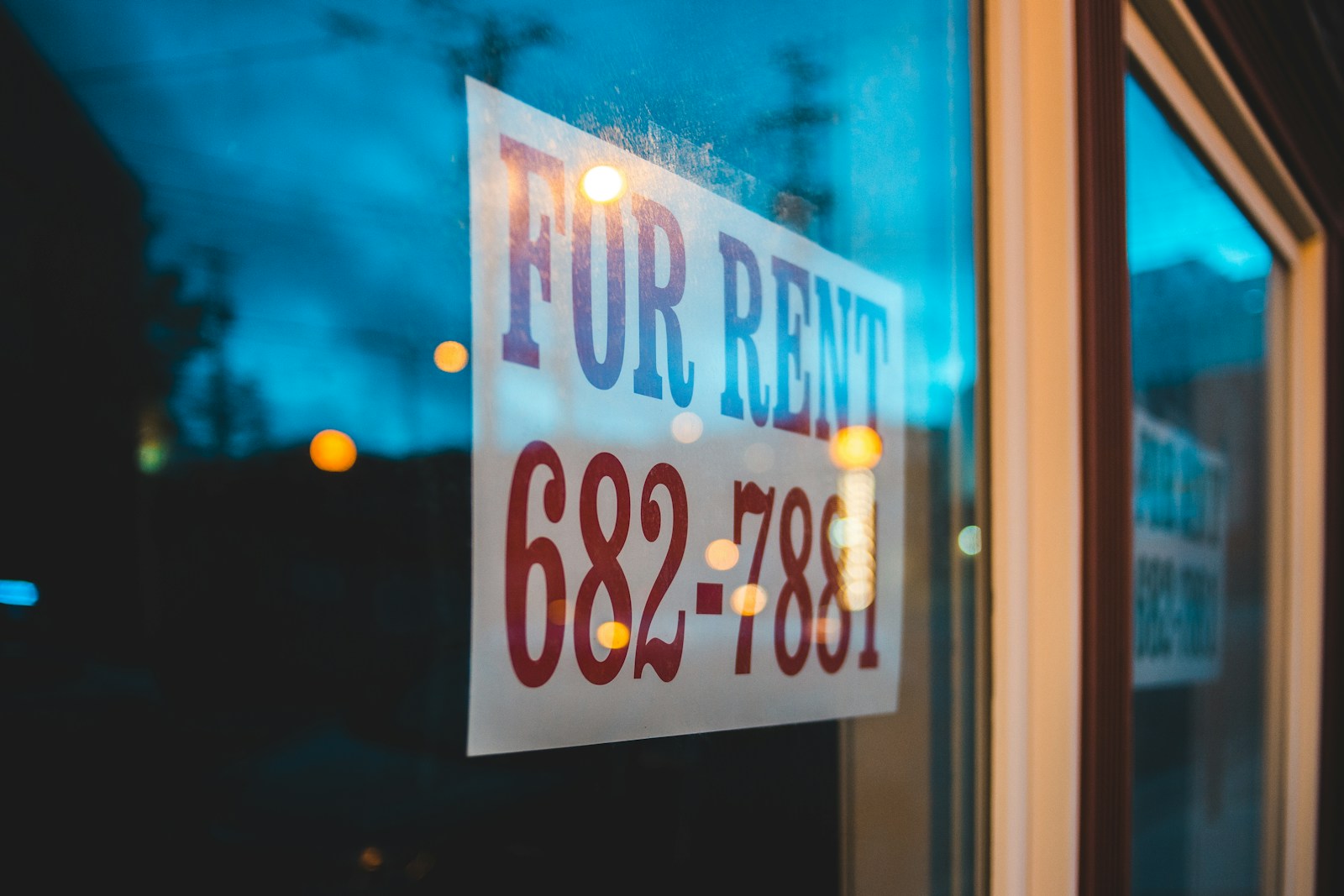Lessor
Table of Contents
Lessor: Definition, Types, Vs. Landlord and Lessee
When it comes to real estate and property management, there are several key terms that are often used interchangeably, leading to confusion among many individuals. One such pair of terms is “lessor” and “landlord.” While these terms may seem similar, they have distinct meanings and implications in the world of finance and property leasing. In this article, we will explore the definition of a lessor, the different types of lessors, and how they differ from landlords and lessees.
What is a Lessor? Definition of a Lessor

A lessor, in simple terms, is an individual or entity that owns an asset and leases it to another party, known as the lessee, in exchange for regular rental payments. The lessor retains ownership of the asset throughout the lease term and is responsible for maintaining and insuring it. The lease agreement outlines the terms and conditions of the lease, including the duration, rental amount, and any additional provisions.
It is important to note that the term “lessor” is primarily used in the context of leasing tangible assets, such as real estate, vehicles, or equipment. In the case of real estate, the lessor is commonly referred to as the landlord.
3 Types of Lessors
There are several types of lessors, each with its own unique characteristics and considerations. Let's explore some of the most common types:
1. Individual Lessors
An individual lessor refers to a person who owns an asset and leases it to another party. This could be an individual who owns a residential property and rents it out to tenants or someone who owns a fleet of vehicles and leases them to a transportation company. Individual lessors often manage their properties or assets themselves or hire a property management company to handle the day-to-day operations.
2. Corporate Lessors
Corporate lessors are entities, such as companies or organizations, that own assets and lease them to other businesses or individuals. These entities may specialize in leasing specific types of assets, such as office spaces, industrial equipment, or aircraft. Corporate lessors often have dedicated teams or departments to manage their leasing operations and ensure compliance with legal and regulatory requirements.
3. Financial Institutions
Financial institutions, such as banks and leasing companies, also act as lessors in certain situations. These institutions provide financing options to individuals or businesses looking to lease assets. In such cases, the financial institution purchases the asset from the seller and leases it to the lessee, who makes regular payments to the lessor. Financial institutions may offer attractive lease terms and options, making it easier for lessees to acquire assets without significant upfront costs.
Key Differences: Lessors vs. Landlords

While the terms “lessor” and “landlord” are often used interchangeably, there are some key differences between the two:
1. Ownership
The primary difference between a lessor and a landlord lies in ownership. A lessor retains ownership of the leased asset throughout the lease term, whereas a landlord typically owns the property being leased. For example, if an individual leases an apartment from a landlord, the landlord owns the apartment, whereas the individual is the lessee.
2. Asset Types
Lessors can lease a wide range of assets, including real estate, vehicles, equipment, and more. On the other hand, landlords primarily lease real estate properties, such as residential or commercial buildings.
3. Legal Responsibilities
Both lessors and landlords have legal responsibilities, but they differ in nature. Lessors are responsible for maintaining and insuring the leased asset, ensuring it is in good working condition throughout the lease term. Landlords, on the other hand, have additional responsibilities, such as complying with local housing regulations, ensuring habitability, and addressing tenant concerns.
Lessee: The Other Side of the Coin
Now that we have a clear understanding of what a lessor is, it is important to briefly touch upon the role of the lessee. A lessee is the party that leases an asset from the lessor. The lessee pays regular rental payments to the lessor in exchange for the right to use the asset for a specified period. The lessee is responsible for adhering to the terms and conditions outlined in the lease agreement, including timely rental payments, proper maintenance of the asset, and compliance with any additional provisions.
Conclusion: A Lessor leases assets to someone
In summary, a lessor is an individual or entity that owns an asset and leases it to another party, known as the lessee. There are various types of lessors, including individual lessors, corporate lessors, and financial institutions. While lessors and landlords are often used interchangeably, they have distinct differences in terms of ownership, asset types, and legal responsibilities. Understanding these differences is crucial for both lessors and lessees to navigate the world of property leasing effectively.
Whether you are considering becoming a lessor or entering into a lease agreement as a lessee, it is essential to consult with legal and financial professionals to ensure you fully understand your rights and obligations. By doing so, you can make informed decisions and protect your interests throughout the leasing process.

Extra: How to Remember Lessor and Lessee?
Some people have problems to recall who is who. A trick to remember the difference between “lessor” and “lessee” is to associate the number of “s” letters in each term with the roles. Here's the trick:
- Lessor: Contains two “s” letters. Think of it as the party with more “stuff” or property. The lessor owns the property and allows the lessee to use it.
- Lessee: Contains one “s” letter. Think of it as the party with less “stuff” or property. The lessee is the one who is leasing or renting the property from the lessor.
